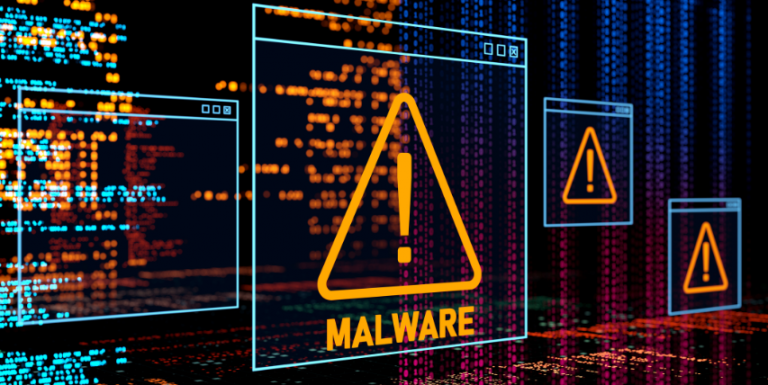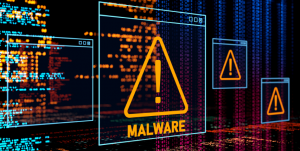Virus and Malware
21 April 2025

What is a virus? What is malware?
A computer virus is a type of computer program that, when executed, replicates itself by changing other computer programs and inserting its own code. When this replication succeeds, the affected areas are then said to be “infected” with a computer virus. Malware is a blanket term for several types of malicious programs, including ransomware, spyware, Trojans and viruses.
Do I still need anti-virus?
Yes! Viruses, while considered a “legacy threat,” are still a risk to computer users. Today, threats are ever changing. Many Anti-Virus vendors are now incorporating advanced protection for ransomware. Check the protection on your device to see if it up-to-date with current available protection.
What kind of anti-virus tool should I use?
There are several free and paid anti-virus/anti-malware solutions. The best anti-virus suites will:
- Offer the ability to schedule regular scans
- Automatically upgrade their virus definition files
- Provide some form of malware scanning
- Provide additional services like vulnerability scanning, anti-exploit protection, and firewall services
I have a Mac. I thought Macs don’t get viruses?
Computer viruses were initially written with the intent of causing the maximum amount of damage. For this reason, the majority of early viruses were written to attack a Windows-based infrastructure, since Windows computers significantly outnumbered Macs. Unfortunately, this spawned a myth that Macs don’t get viruses.
While the design of MacOS includes safeguards to prevent viruses from taking hold, there are documented cases of cybercriminals exploiting flaws to sneak viruses past Apple’s security measures. For this reason, it is recommended that users install an anti-virus/anti-malware tool in some form. Note: there are free options for MacOS available as well.
What does Anti-malware do?
While most major anti-virus suites include some form of malware scanning, a dedicated anti-malware tool is just as important as anti-virus. The best anti-malware tool will offer real-time and scheduled scanning, automatic updates, and additional tools like website scanning and automatic threat removal.
Malware has the potential to attack both Windows and MacOS hardware. In the case of MacOS, malware will attempt to exploit a vulnerability in an installed program, bypassing the security measures in Apple’s design. For this reason, it is recommended that, just like anti-virus, Mac users employ some form of anti-malware on their systems.
Cybersecurity and Infrastructure Security Agency Malware Tip Card: https://www.cisa.gov/sites/default/files/publications/Malware_1.pdf
See Related Posts
popular articles
Categories
2
Today’s update
New Posts
blog read










